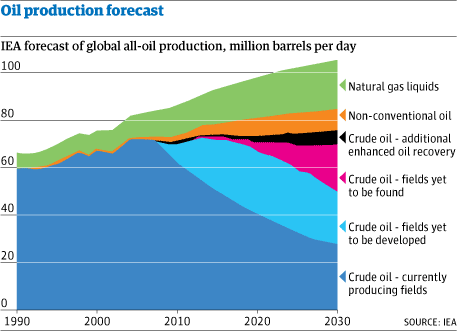 March 6, 2009 - The day after the September 11, 2001, terrorist attacks, Emmanuel Sachs decided that it was time to get back into the solar-energy business.
March 6, 2009 - The day after the September 11, 2001, terrorist attacks, Emmanuel Sachs decided that it was time to get back into the solar-energy business.Starting in the 1970s, the Masssachussetts Institute of Technology mechanical-engineering professor had made significant contributions to solar, including a cell-making technique now used by Evergreen Solar. But once research funding for solar photovoltaics--converting sunlight into electricity--dried up in the 1980s, Sachs diverted into other fields, including 3D printing to help designers quickly build prototypes.
To Sachs, September 11 was a reminder of the perils of an oil-dependent U.S. energy policy. The events that transpired that day were jarring enough to prompt him to restart his solar research. Nearly eight years later, he is chief technical officer at 1366 Technologies, a company formed two years ago to commercialize the work he had done at MIT.
"I first got into solar photovoltaics as an idealistic young person," said Sachs, who is now in his mid-50s and is on leave from MIT for two years. "What really got me in full-time (again) was some of the same but also recognizing that there were a lot of issues at play, including national security...and climate change."
If idealism played a role in starting the Lexington, Mass., company, the business plan is all about cold, hard numbers. The 20-person start-up has an ambitious economic target: to make solar cheaper than coal in three years.
More >>>



























